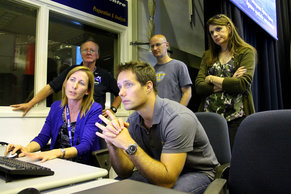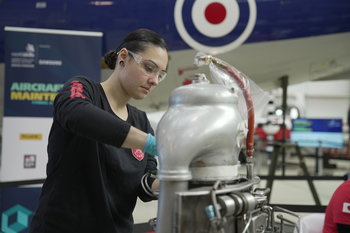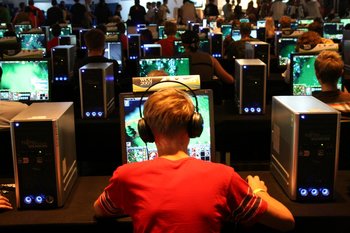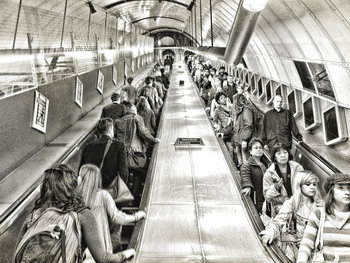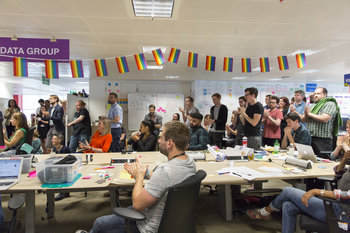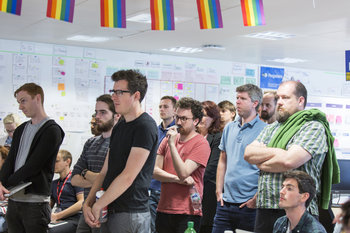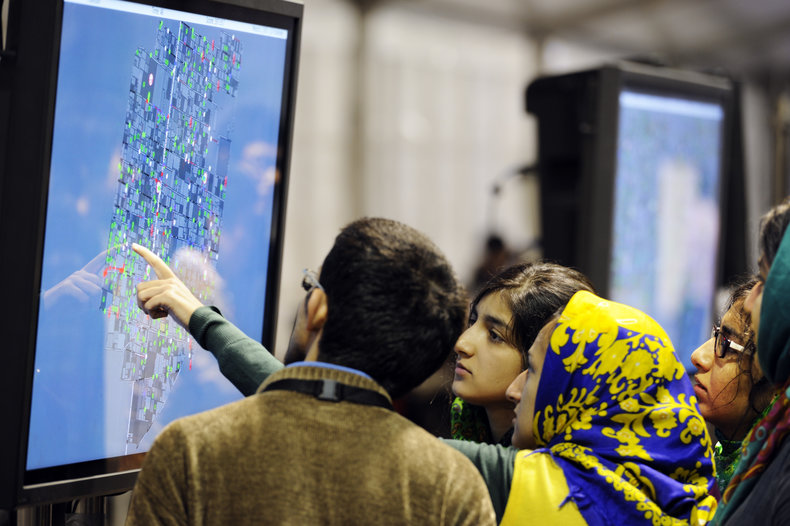
A startup predicts when it will run out of cash using variables such as current revenue, revenue growth, spending and spending growth.
A search engine predicts the search volume for large sets of keywords based on historical patterns and current trends.
A car manufacturer uses economic forecasts to model global demand for luxury electronic vehicles in the coming year.
A government looks at demographic data to predict decreased tax revenues and increased healthcare costs due to an aging population over the next two decades.
A state predicts what effect higher taxes will have on the population and economy of the state over a ten year period.
A sales analyst at a data center services company uses pipeline data to develop 3-month sales forecasts that feed into the strategic, financial and operational planning for the firm.
A school board uses predictive analytics to forecast how many high school students a county will have in the coming years. This is used to support a decision to hire more teachers.
A city uses predictive analytics to forecast traffic patterns in near real-time. This could be used to inform drivers and navigation systems of congested paths before they are actually congested.
A network routing optimizer used by a cloud platform predicts which routes on the internet are currently fastest between two points using recent network performance statistics.
An investment information service predicts what dates companies will announce earnings based on the date of their previous earnings calls and historical patterns in each company's selection of earnings dates.
A streaming media company tests a new series with a target audience to develop predictions for viewership.
Notes
As the future is unknown, predictive analytics can be fully inaccurate. For example, a ski resort could predict increased sales due to a strong economy and a strong summer season only to find that there is an unusual lack of snow that causes extremely poor results over the winter.| Overview: Predictive Analytics | ||
Type | ||
Definition | A class of technologies that use statistical models to estimate future probabilities. | |
Related Concepts | ||




